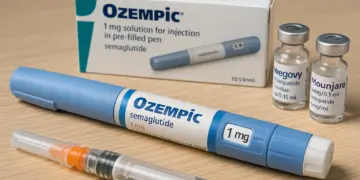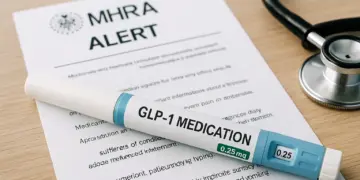Understanding RIDDOR: What Every Employer Needs to Know
Last updated: 8 October 2025
Author: Jade Anderson, Senior Reporter — UK-Safety.News
Introduction
If you’re an employer, safety officer, or site manager in the UK, you’ve probably heard of RIDDOR — the Reporting of Injuries, Diseases and Dangerous Occurrences Regulations. But what does it actually require from you day to day?
In simple terms, RIDDOR is about accountability and learning. It ensures that serious workplace incidents are reported to the right authorities so that risks can be identified, lessons shared, and future accidents prevented. This guide breaks down exactly what RIDDOR means, when to report, and how to stay compliant — without drowning in paperwork.
What Is RIDDOR?
RIDDOR (Reporting of Injuries, Diseases and Dangerous Occurrences Regulations 2013) places a legal duty on employers, the self-employed, and those in control of work premises to report certain serious workplace incidents to the Health and Safety Executive (HSE) or the relevant local authority. The regulation ensures accurate data is collected to help monitor and improve health and safety performance nationwide.
Key purposes of RIDDOR
• Identify patterns and root causes of serious accidents
• Enable HSE investigation where required
• Drive prevention measures and policy improvements
• Maintain a public record of reportable incidents
What Must Be Reported
Not every workplace accident is reportable — only specific events defined by the regulation.
1) Deaths and Specified Injuries
• Fractures (except fingers, thumbs, and toes)
• Amputations
• Serious burns or scalds
• Loss or reduction of sight
• Injuries leading to hospitalisation for more than 24 hours
2) Over-7-Day Injuries
If an employee cannot perform their normal work duties for more than seven consecutive days due to a work-related injury, it must be reported (calendar days, not just working days).
3) Occupational Diseases
• Carpal tunnel syndrome
• Occupational dermatitis
• Hand-arm vibration syndrome (HAVS)
• Asthma caused by exposure to hazardous substances
4) Dangerous Occurrences (Near Misses)
• Collapse of lifting equipment
• Explosion or fire causing plant shutdown
• Structural failures (e.g., scaffolds, cranes)
5) Gas Incidents
Gas suppliers and engineers must report leaks, explosions, or incidents causing death or injury.
When and How to Report
• Submit to the HSE within 10 days (or 15 days for over-seven-day injuries).
• Use the official online forms via the HSE RIDDOR portal.
• Keep copies of submitted reports for at least three years.
Common Mistakes Employers Make
| Mistake | Why It’s a Problem | How to Avoid |
|---|---|---|
| Reporting all minor injuries | Creates unnecessary admin load | Only report incidents defined under RIDDOR |
| Missing the 7-day rule | Calendar days count, not just workdays | Use an incident log and reminders |
| Ignoring contractors/self-employed | They may still be covered on your site | Clarify responsibility in contractor agreements |
| Poor record-keeping | Causes compliance issues in audits | Maintain detailed, timestamped reports |
Why RIDDOR Matters
Beyond compliance, RIDDOR is a learning tool. Every report builds a clearer national picture of workplace risks — driving safer practices across industries, protecting your organisation from legal risk, and demonstrating accountability to regulators and employees.
Quick RIDDOR Compliance Checklist
✅ Know what counts as a “reportable incident”
✅ Log every workplace accident or near miss
✅ Submit reports within required timeframes
✅ Keep records securely for three years
✅ Review incident trends at least quarterly
✅ Train supervisors to identify reportable events
















